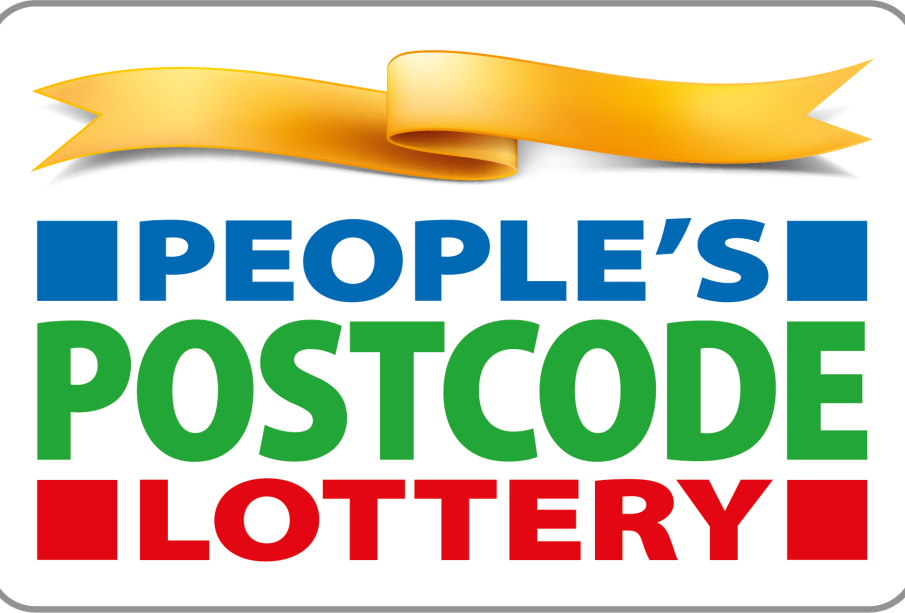Understanding the Postcode Lottery and Its Benefits

Introduction to Postcode Lottery
The Postcode Lottery has gained significant prominence as a unique and engaging way to raise funds for charities throughout the UK. It operates by offering players a chance to win prizes based on their postcode, simultaneously aiding local communities and various charities. The relevance of this lottery is underscored by its substantial contributions, amounting to over £1 billion for good causes since its inception.
How It Works
Players purchase tickets for a specific postcode, and the lottery draws occur monthly. The unique aspect of the Postcode Lottery is that prizes are distributed based on the postcode and not merely individual ticket numbers. For example, residents from a winning postcode could share a prize, promoting a sense of community. The monthly draws present opportunities for participants to win significant cash prizes, and higher engagements lead to larger prize pots.
Funding and Charitable Impact
The Postcode Lottery supports numerous charities, including major organisations like Shelter, the British Heart Foundation, and many local initiatives. A notable factor is that 33% of ticket sales go directly to charitable causes. This funding model ensures that extensive aid is provided to sectors like health, education, and social care, significantly benefitting underfunded areas. Last year alone, the Postcode Lottery supported over 3,000 charitable projects, demonstrating its crucial role in fostering community welfare.
Recent Developments
In recent years, the Postcode Lottery has garnered attention due to rising participation rates, especially during challenging times like the COVID-19 pandemic. The need for community support and mental well-being has driven many to engage, reflecting a growing trend towards charity-focused fundraising methods. Furthermore, initiatives within the lottery aim to integrate sustainability and social equity, ensuring that the benefits extend to diverse demographics.
Conclusion
As the Postcode Lottery continues to evolve, it presents not only a chance for financial gain but also solidifies its status as a pillar for community support through charitable funding. The model encourages community spirit while ensuring that the financial contributions support essential causes. Looking ahead, it is essential for participants and stakeholders to remain informed about changes and opportunities within this innovative fundraising approach, as their engagement directly impacts the welfare of various charities and local communities. The future of the Postcode Lottery seems promising, with potential expansions and a consistent commitment to uplifting societal norms.









